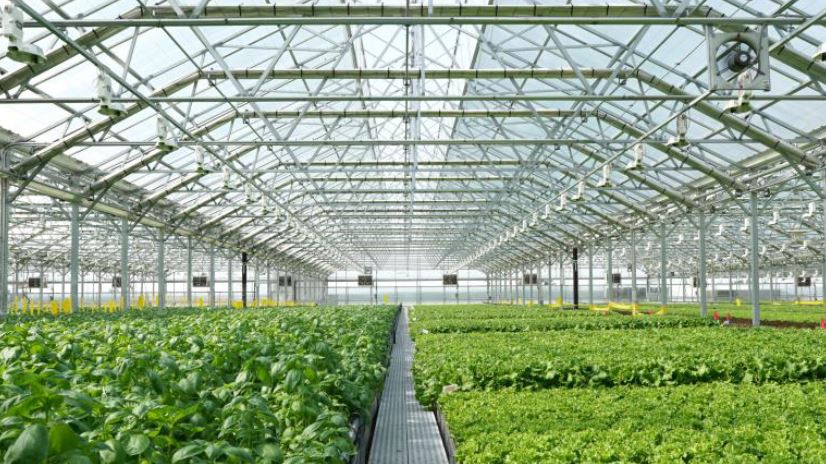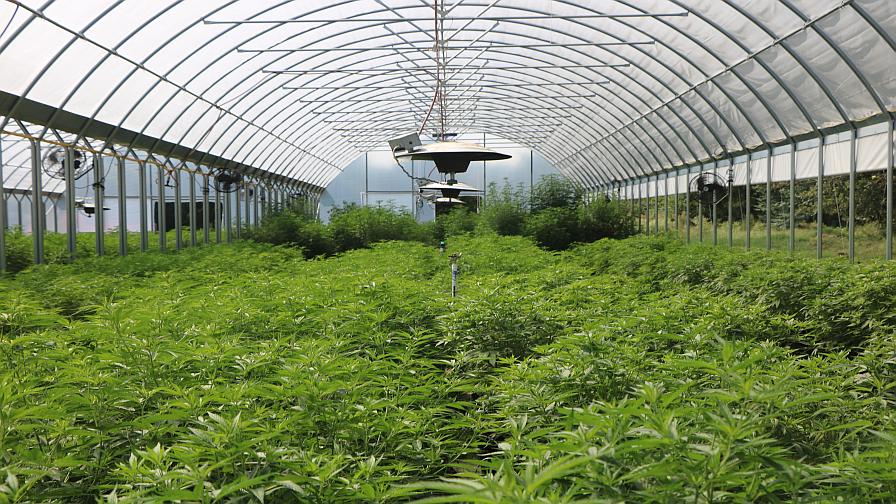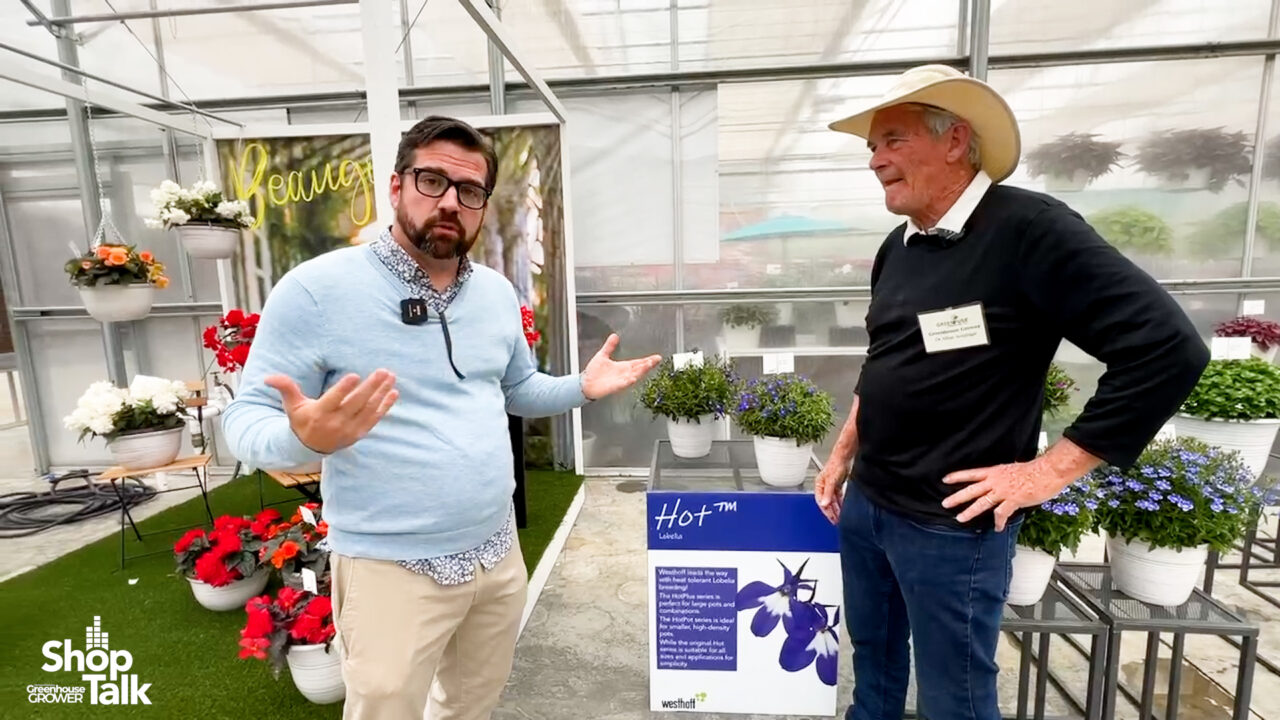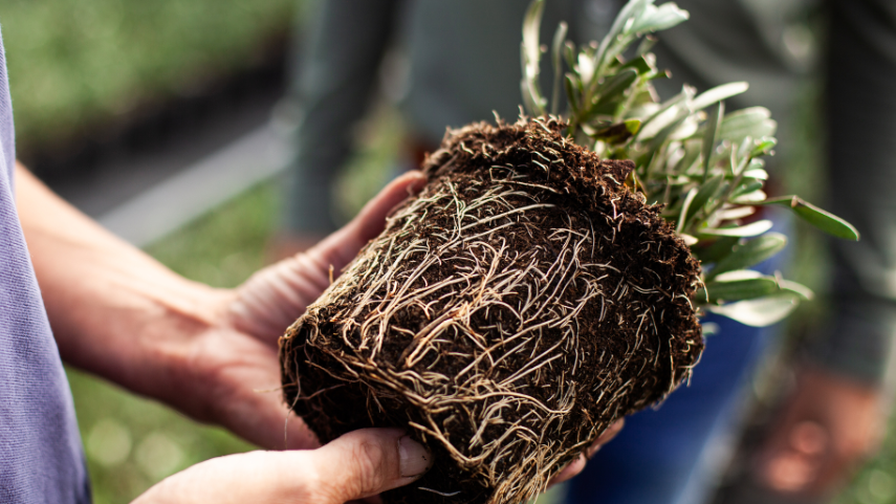Greenhouse-Grown Leafy Greens Sales Skyrocket After Romaine Recall
Food safety scares, such as in the case of the past year’s troubles with E. coli outbreaks in romaine lettuce, continue to cause issues in the food supply. And consumers just aren’t tolerating it anymore.
When the Food Safety Modernization Act became law in 2011, the produce industry thought it would help lessen foodborne illness outbreaks. But since then, there have been approximately 30 Shiga-toxin E. coli outbreaks.
Following the Nov. 20 E. coli outbreak in romaine lettuce, a day prior to the American Thanksgiving holiday, indoor leafy greens producers have continued to speak out on their social media channels and in the media, assuring consumers that their products are safely grown in a controlled environment. During the outbreak, growers implored regulators to narrow the recall to specified affected areas. The Center for Disease Control (CDC) and Food and Drug Administration (FDA) clarified nearly a week later that hydroponically or greenhouse-grown romaine lettuce had not been linked to the issue.
The produce industry has rallied to work on solving the food safety problems plaguing it after numerous outbreaks in the past, and especially when E. coli outbreaks in romaine caused dozens of deaths and illnesses in 2017. But despite its diligent efforts, the problem still persists. Add to that the increasing overall interest in controlled environment operations due to headline-grabbing investors putting money into vertical farms and greenhouse operations focused on growing clean, safe, local food, and it serves up a perfect opportunity for greenhouse growers. See the need, fill the need.
Consumers have a right to expect the food they buy to be safe and clean for their families to eat, and if the conventional, field-grown produce supply chain can’t guarantee safe products, they will seek out other sources — and pay more if necessary.
This was illustrated during the 2018 holiday season when greenhouse-grown romaine sales increased exponentially. Greenhouse growers throughout the U.S. and Canada were selling out of their romaine lettuce and other leafy greens before the recall, or coming close, but now the demand for greenhouse-grown leafy greens is so great that it’s outpacing supply.
Since the recall, lēf Farms in New Hampshire quadrupled retail sales at one retailer, and other retailers are either adding its products to additional stores or offering more real estate at its current stores. Sales and Marketing Manager Donald Grandmaison says lēf Farms is seeing a higher return per pound, as consumers are willing to pay more. A food service client has indicated it is discontinuing its relationship with California leafy greens growers with an aim toward exclusively sourcing locally grown product. Grandmaison says the operation doesn’t have the capacity to meet this demand yet, but it certainly helps make the case for expansion.
Minnesota-based Revol Greens reported that it doubled its romaine sales since Thanksgiving. BrightFarms CEO Paul Lightfoot says, “Demand (and sales) have been at record levels since the FDA/CDC advisory. We cannot keep up with the historical orders and are scrambling to increase capacity.”
Indoor-grown product is not immune to bacteria, but the fast crop turn time and high sanitation protocol in controlled environments significantly reduce the chances of an outbreak. Meanwhile, growers are enforcing strict food safety measures, and they’re even taking that to the next level by developing the new Controlled Environment Agriculture Food Safety Coalition ([email protected]). Following a successful first meeting in June 2018, the coalition is working toward becoming a nonprofit organization.
“We all agreed that forming the coalition is a necessity for the controlled environment growers and for consumers,” Lightfoot says. “Despite our differences and rivalries, we 100% agree with the mission of the coalition, which is to prevent foodborne illness; establish credible standards; and share best practices.”











